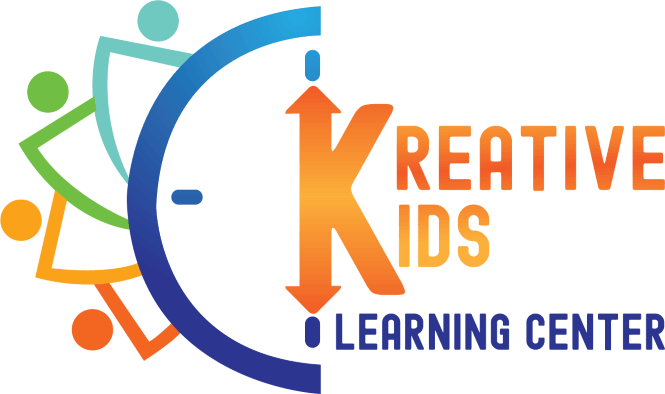Our Nutritional Planning
We believe eating healthy is important for children, and we can help our child learn about and enjoy lots of good foods each day. Our menu is planned to provide meals and snacks that meet federal and state rules and guidelines. Children enjoy foods that will help them grow and learn to pick foods that will help them live a healthy life. Our program provides breakfast, lunch, afternoon snack, and supper. These are provided at the following times:

Breakfast
7-9 am

Lunch
11:30 am – 12:45 pm

Afternoon Snack
2:30-3:45 pm

Supper
4:30-6:30 pm
Our program assures meals and/or snacks are nutritionally sound by participation in the Child and Adult Food Program [CACFP], menus are reviewed by a public health professional and are followed by the meal/snack menu guide based on the USDA approved meal patterns. Our program provides a supportive, attentive and accommodating environment for children with food allergies or special dietary requirements.

- All caregivers/ teachers/staff have received training in food allergy/sensitivity issues.
- Food alternatives will be identified with parents and be kept readily available where food is prepared.
- A plan will be developed with parents as to how food alternatives will be made available (provider purchased; parent purchased).
- Parent emergency information will be kept updated as well as related medical records and changes in child’s treatment plans. A form will be provided for the pediatrician to specify what foods to substitute.
Food is prepared on site in the center kitchen. Our menus are posted so that families can see them. We will provide written communication in other languages for families enrolled where English is not their spoken or primary language. Clean, sanitary water is available to children throughout program hours. Children are provided with disposable cups. Water is not substituted for milk when milk is a food/meal requirement. Additional water is available when temperatures are higher or physical activity increases.
Our program provides required meal components for breakfast, snacks, lunch, and supper. Holidays and birthdays are meaningful,
and we encourage families to share in ways that are reflective of their traditions and are enjoyable for the children. However, no
treats/ food can be brought in celebration of these events. Families should connect with administration on other ways to make a
child’s day/tradition special, such as; reading a book to class, planning an outside time activity, etc.

For Infants
- Fed on demand and at regular times of the day depending on their age. However, we will train your child to be on a sleep/feeding/ changing schedule.
- Prepared bottles are labeled with the child’s first name, date, contents, and capped.
- Infants are always held for bottle feedings.
- A plan to introduce age-appropriate solid foods to infants is made in consultation with the child’s parent/guardian and primary care provided. We follow CACFP/USDA requirements to introduce solid foods; these guidelines are available for staff and parents to review.
- Our program welcomes breastfeeding families and will provide space for mothers to nurse or pump.
- Breastfed babies do not receive food or drink (other than breast milk) unless indicated.
Parents are asked what they want the center to do if the parent will be late and their baby is hungry, or the supply of breast milk is gone. Staff is trained on the benefits of breast- feeding, preparation, and storage. Resources are available for parents and our program commu-nicates with parents about how/what their infants ate.
- Our meals are served family style. Staff sits and eats with the children, enjoying the same foods the children are eating. Children are encouraged to help with meals in age- appropriate ways.
- Scheduled meals and/ or snacks are available to all children enrolled and present.

For Toddlers, Preschool Age and School Aged Children
Nutritional Education
Children receive nutrition education from reliable sources that reflect standards upheld by CACFP and the USDA. The children are given opportunities to understand why eating healthy is important, and to learn to form healthy eating and activity habits.
- Nutrition information is shared through: Books, daily activities, and mealtimes.
- Families are also provided nutrition education through such things as learning activities, community events, informational brochures, etc.
- Meal service information in the parent handbook and posted menus.
- Nutrition education also includes opportunities for our program to learn about the prevention of childhood obesity, basic principles of child nutrition and healthy eating habits and experiences. We share this information with parents as well.


